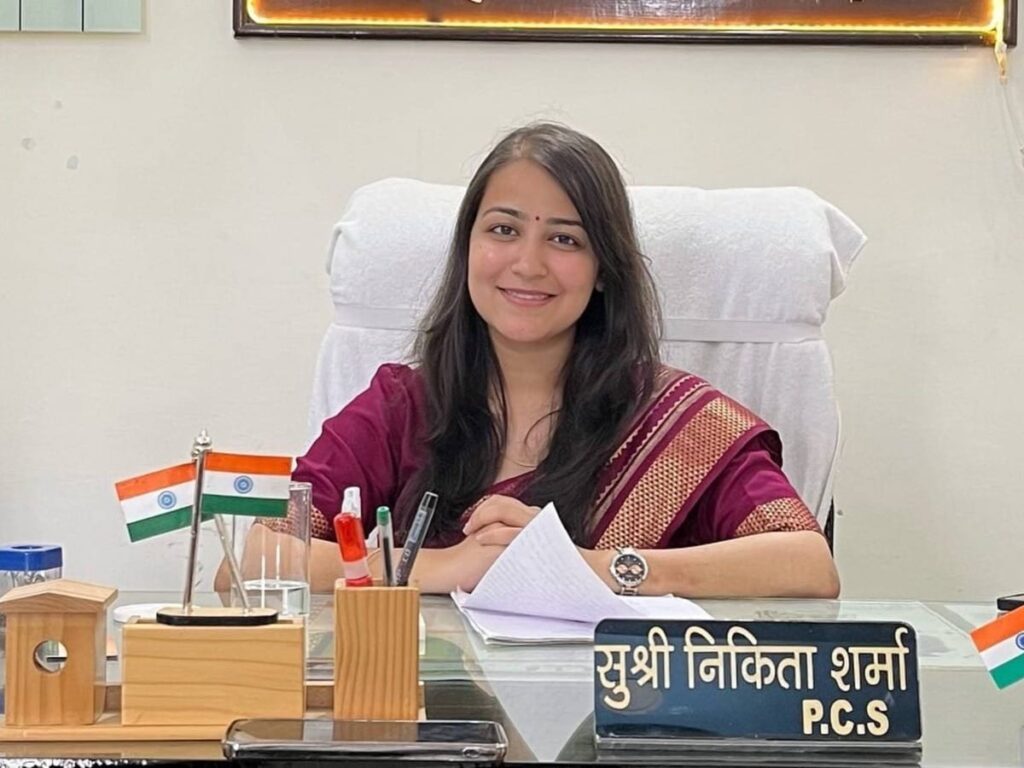Nikita Sharma, who gained recognition by securing the 36th rank in the UPPCS examination in 2018, is once again in the spotlight. Recently, Uttar Pradesh’s Public Works Minister Anil Kumar accused her of promoting illegal plotting. This controversy raises significant questions about the responsibilities of public officials and the implications of such accusations.
Background on Nikita Sharma
Nikita Sharma emerged as a notable figure in the Uttar Pradesh Public Service Commission (UPPSC) examinations. Her achievement in 2018 placed her among the top candidates, showcasing her dedication and hard work. Hailing from a modest background, she has been an inspiration for many aspirants in the state.
Allegations Against Nikita Sharma
The recent accusations made by Minister Anil Kumar regarding illegal plotting are severe. These claims entail that Sharma has been involved in promoting unauthorized land developments, which can have widespread ramifications in the real estate market and urban planning. The accusations imply neglect of regulatory frameworks meant to protect land resources and ensure ethical development practices.
Implications of Illegal Plotting
Illegal plotting not only undermines the law but also poses risks to prospective buyers and the environment. The following table illustrates potential consequences of such actions:
| Consequences | Description |
|---|---|
| Legal Repercussions | Involvement in illegal plotting may lead to lawsuits and penalties for those involved. |
| Financial Risks | Investors may face financial losses and decreased property values due to lack of legal backing. |
| Environmental Impact | Unauthorized developments can lead to environmental degradation and disruption of local ecosystems. |
| Public Trust | Allegations of misconduct diminish public confidence in governmental institutions and their officials. |
Response from Nikita Sharma
As the controversy unfolds, Sharma has yet to publicly respond to the allegations, and her position remains a matter of speculation. It is crucial for all claims to be substantiated with evidence, to ensure fair treatment and justice for all involved parties. Transparency and accountability are essential in resolving such matters, particularly for public figures.
Conclusion
The allegations against Nikita Sharma underscore the importance of ethical practices in public service. As the situation continues to develop, it will be vital to observe how the authorities address such claims and the potential impact on Sharma’s career and reputation. Upholding the principles of integrity and legality is paramount in fostering trust within the community and guiding future public service endeavors.
